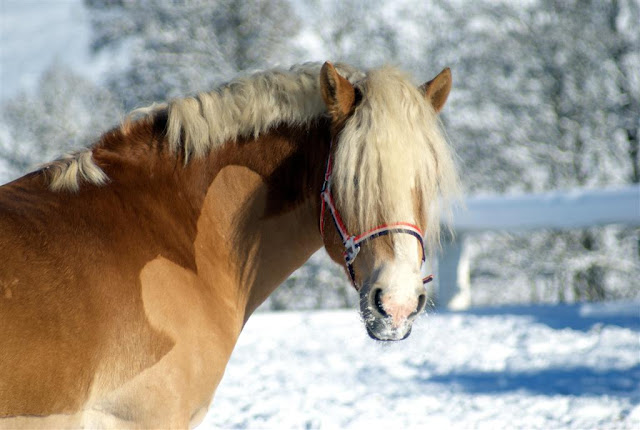A Guide To Hypothyroidism In Horses
The endocrine system of any horse creates hormones, which their blood then distributes throughout the body. Complex cycles regulate the activity of these hormones, and there are a lot of hormones that have an impact on the actions of others.
A vet will typically be called out to carry out endocrine testing on horses. When these tests are carried out, abnormal results often occur. Even in normal horses, vets must prepare the owner for some abnormalities. This is because it is common for at least one, if not more, of the hormones to be outside of what is considered the normal range.
The true challenge comes when trying to determine whether the abnormalities are significant or not. Interpreting the results of any endocrine test is not easy. Perhaps it is simply a case of some other factor impacting the hormone? This could be anything from drug administration to insulin resistance.
There are a number of factors that determine whether or not the endocrine abnormalities need to be addressed. This includes the history of the horse, clinical signs, laboratory results, the ‘big picture’ of the horse, and any other coexisting conditions.
It is not unusual for hypothyroidism to then be diagnosed. This is a condition that is linked to the likes of a poor coat, cold intolerance, obesity, and lowered fertility. In contrast to a lot of the clinical signs that tend to be linked to this condition, experimental horses that went under the process of thyroid gland removal had lowered weight gain and decreased feed intake.
There are a number of different drugs, which are commonly administered, which can lower the concentrations of the thyroid hormone. This includes the likes of trimethoprim, phenylbutazone, and glucocorticoid steroids.
Horses that are unwell for different reasons, for example, sick euthyroid syndrome or nonthyroidal illness, can also have lower levels of thyroid hormones.
Moreover, when compared with adult horses, young horses, especially foals, have a higher concentration of thyroid hormone.
There was a study carried out in Kentucky, involving 329 broodmares, which determined that the mare being pregnant was not significantly linked with thyroid hormone supplementation or thyroid hormone concentrations.
There are a number of different diagnostic tests that can be carried out for this. Triiodothyronine and thyrozine are the thyroid hormones that are most commonly measured. You then have Free T, which is a more active and potent thyroid hormone in circulation.
There is only one test that can assess the full thyroid hormone axis’ function, and this is the thyroid releasing hormone (TRH) stimulation test. This starts the evaluation from the pituitary gland, hypothalamus in the brain, to the thyroid gland. Sadly, though, this test is not performed very often.
Hopefully, this guide has given you a better understanding of hypothyroidism in horses, as well as the challenges faced.
*This post may contain affiliate links.
Labels:
Tips












No comments:
Post a Comment